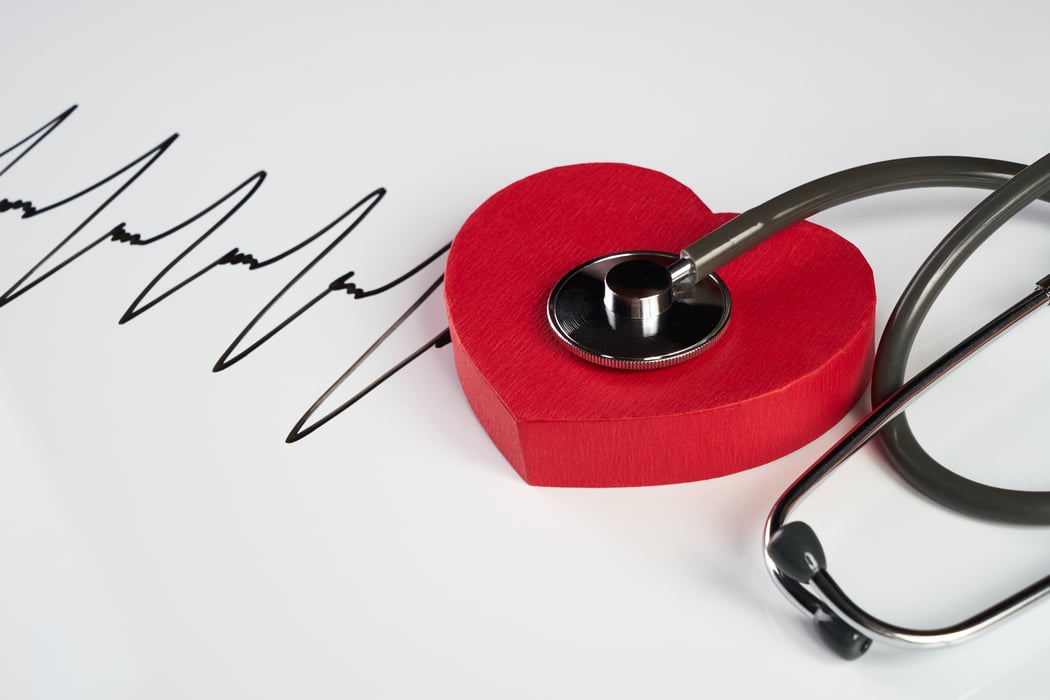ESC: Catheter Ablation Aids Symptomatic Atrial Fibrillation, End-Stage Heart Failure

WEDNESDAY, Aug. 30, 2023 (HealthDay News) -- For patients with atrial fibrillation and end-stage heart failure, the combination of catheter ablation and guideline-directed medical therapy is associated with a lower likelihood of a composite of all-cause mortality, implantation of a left ventricular assist device, or urgent heart transplantation compared with medical therapy alone, according to a study published online Aug. 27 in the New England Journal of Medicine to coincide with the European Society of Cardiology Congress 2023, held from Aug. 25 to 28 in Amsterdam.
Christian Sohns, M.D., from Universitätsklinik der Ruhr-Universität Bochum in Germany, and colleagues assigned patients with symptomatic atrial fibrillation and end-stage heart failure who were referred for heart transplantation evaluation to receive catheter ablation and guideline-directed medical therapy (97 patients) or medical therapy alone (97 patients).
The researchers reported that catheter ablation was performed in 84 percent of the ablation group and in 16 percent of the medical therapy group. After a median follow-up of 18.0 months, a composite of death from any cause, implantation of a left ventricular assist device, or urgent heart transplantation occurred in eight patients in the ablation group and in 29 patients in the medical therapy group (hazard ratio [HR], 0.24; P < 0.001). Death from any cause similarly favored the ablation group (six patients in the ablation group versus 19 patients in the medical therapy group; HR, 0.29). Three patients in the ablation group and one patient in the medical therapy group had a procedure-related complication. The trial was stopped for efficacy by the data and safety monitoring board at one year postrandomization.
“Differences in the occurrence of primary end-point events between the trial groups appeared to emerge early and be sustained during follow-up,” the authors write. “However, consideration for catheter ablation should not postpone listing for transplantation.”
Several authors disclosed ties to the pharmaceutical or medical technology industries.
Abstract/Full Text (subscription or payment may be required)
Related Posts
Getting a Pacemaker Can Raise Odds for Opioid Abuse
WEDNESDAY, Dec. 1, 2021 (HealthDay News) -- People who are prescribed opioid...
More Evidence That Obesity Raises Odds for Gastrointestinal Cancers
FRIDAY, May 12, 2023 (HealthDay News) -- Maintaining a healthy weight may be...
Después de un ataque cardiaco, la rehabilitación cardiaca inicia el camino a la recuperación
VIERNES, 21 de enero de 2022 (HealthDay News) -- Si ha sufrido un ataque...
